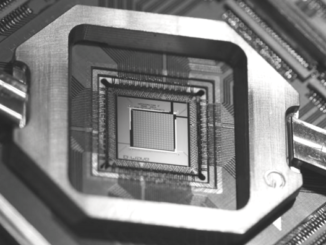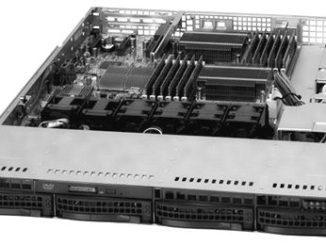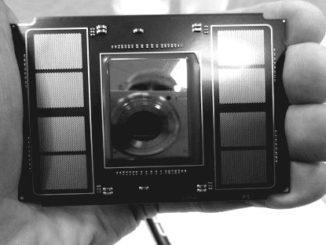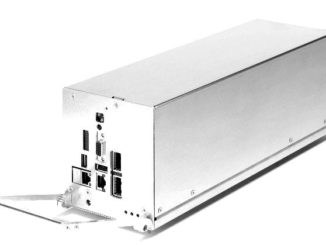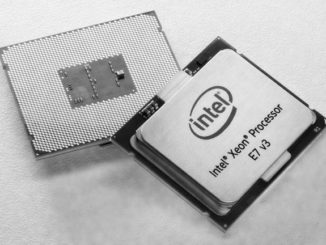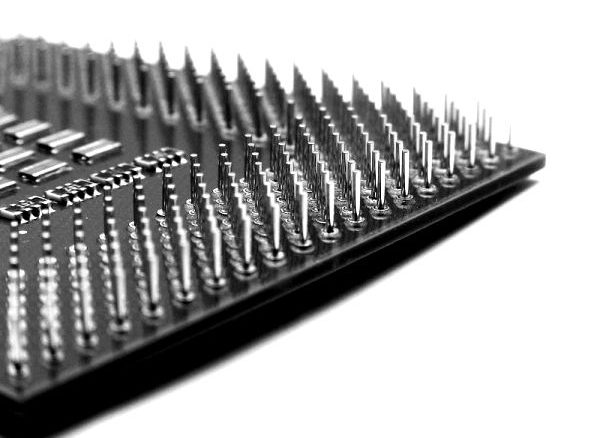
Automata Memory Processor Points to Future Systems
For someone like Steve Pawlowski, who spent well over thirty years at Intel working on a wide range of processors for an even more striking array of platforms, it seems only natural to take a cautious view of entirely new approaches to data processing that require a fundamental rethink of computing hardware and software. …


